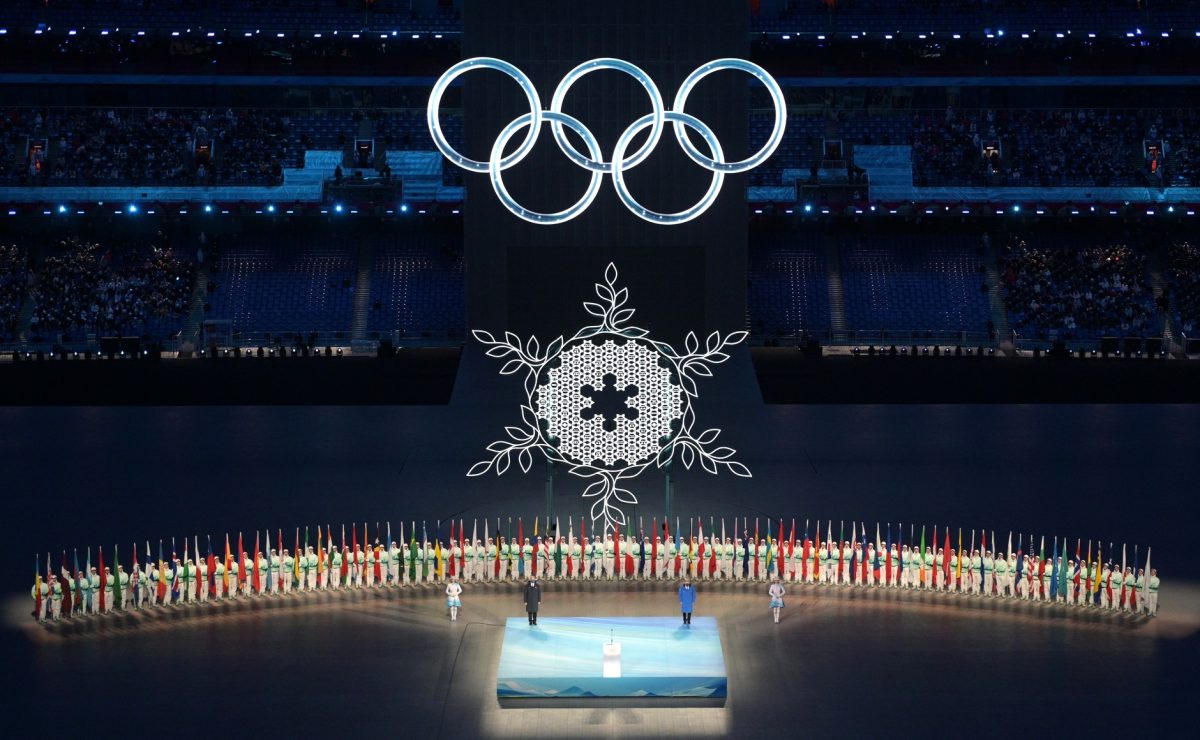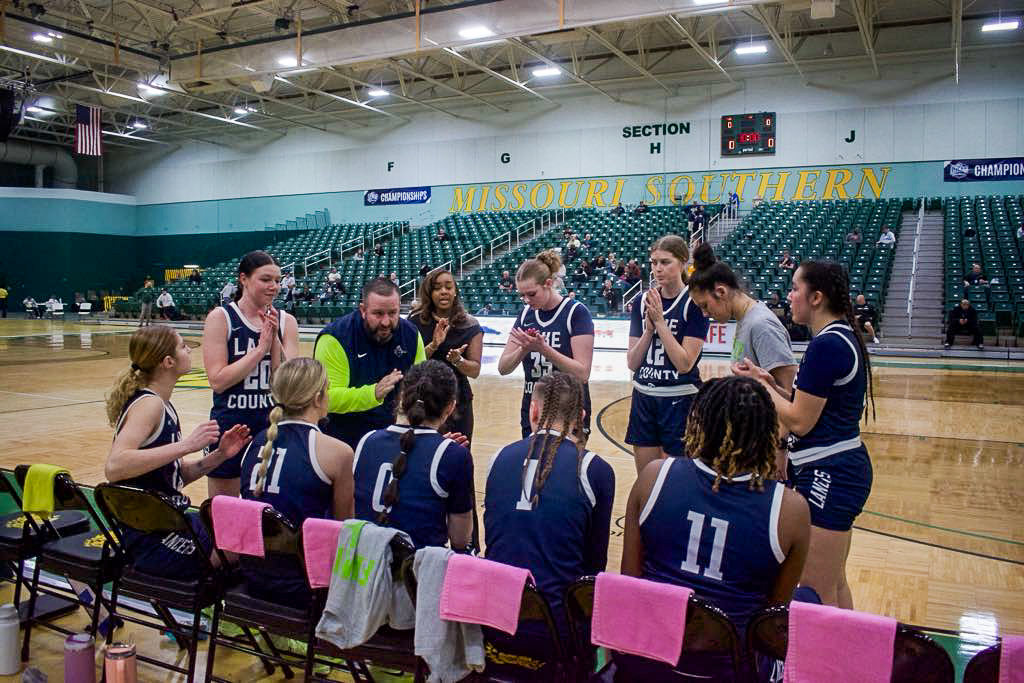With how the world seems to work, healthy competition appears out of reach for many countries and people. From social, political, and economic struggles, it sometimes may feel like the world cannot change and all everybody can do is watch. However, the Olympics are one event that goes against this pervasive, pessimistic outlook.
Especially now with all the conflict that seems to be going on in the world, from the Ukraine War to the Israel-Hamas War. This loss of life through weapons and violence only contributes to increasing world tension. Although, even with these events, the upcoming Summer and 2026 Winter Olympics can still bring a level of stability to world affairs.
This sentiment was echoed by Dr. Voytek Wloch, Director of the Department of Global Engagement at the College of Lake County (CLC). “In a way, they are antithetic to war; those who take second or third place are also celebrated and not seen as those who lost or fell to the mightier.”
It is through this international participation that the Winter Olympics and the Olympic events, in general, represent international unity. No matter where they come from, people can participate in the Olympics based on skill alone.
Coupled with the tradition of opening and closing ceremonies, it gives attendees and viewers of the Winter Olympics a colorful display of culture. Showcasing to everyone, as Dr. Wloch puts it, “the good and the great aspects of human diversity.”
Now, this is not to say that the Winter Olympics were not marred with controversy. Take Sochi 2014, for example, which was controversial because of where Russia decided to host the event. Pyeongchang in 2018, with the banning of Russia’s participation due to violating rules against steroid usage.

(Marcus Norman)
International protests also came to a head in Beijing 2022, when the United States and other nations did not send diplomatic officials to China. All of it was done in protest of their treatment and genocide of the Uyghur people in Tibet, coupled with China’s harassment of Taiwan.
When asking Dr. Wloch about the controversies and banning of certain countries, such as Russia, this is what he had to say, “The overarching goal of the Olympic Games is to make the world more peaceful and competition among nations healthy and just.”
“The countries that are deemed to be in violation of these principles are often banned from participating in the Games,” he said.
All of this brings up another critical aspect of the Winter Olympics: it is a forum for political ideals. It is the nature of the event itself; after all, people come to witness the Olympics for healthy competition. When people or countries violate this ideal, whether it be through violence or unjust foreign policy, it is only fair that other nations step up to criticize these actions.
Nevertheless, individual athletes are not responsible for their home countries’ faults, which the Olympic Committee accounts for, allowing players from banned countries to participate as neutral parties.
Now, all of this comes to a head at the 2026 Winter Olympics held in Milona Cortina, Italy, near the country of origin that first held the event—France. Some of the major players to watch for will be Norway, who came in first in the last two events; Germany, who came in second in the previous two events; and lastly, Canada, who came in third in the last event and fourth in Beijing.
With all that being said, the 2026 Winter Olympics will be where people come to celebrate culture. It is not a distraction from the world; the very nature of the event shows people the different walks of life around the world. Instead, like always, it will help bring more of what the world needs—unity.





